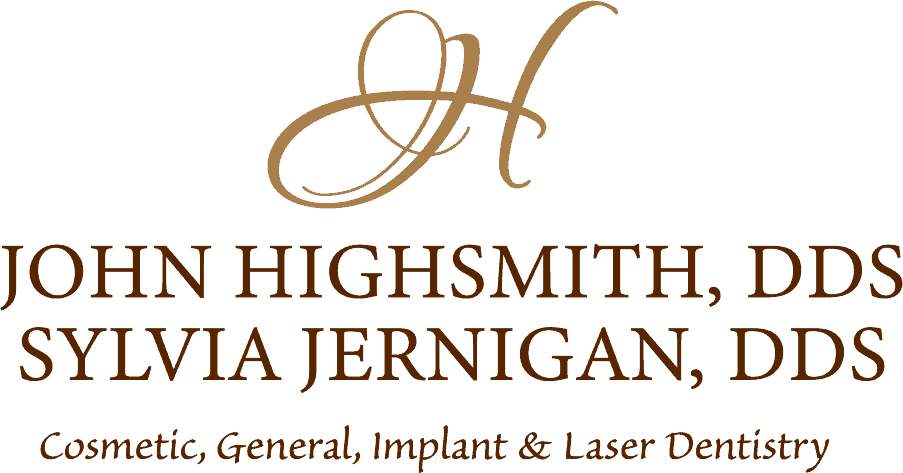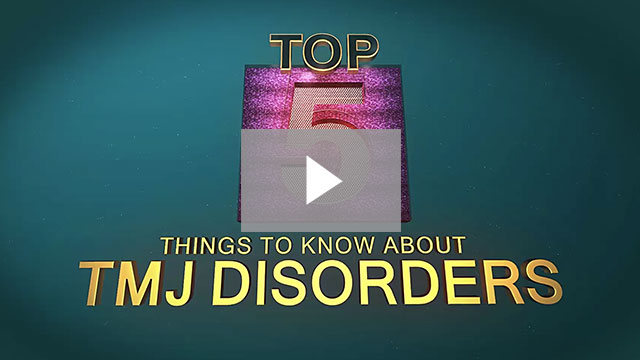
What exactly is a TMJ dentist? Isn’t your TMJ part of your jaw? So, what could a dentist possibly do for your jaw joint? A lot! Just ask your top Asheville TMJ dentist, Dr. John Highsmith, who is recognized for his expertise in TMJ treatment. With advanced training in diagnosing and treating TMJ Disorder (TMD), Dr. Highsmith provides relief from painful and difficult-to-treat conditions.
The Painful Realities of TMD
You were afraid it might happen. You ordered that wonderful, juicy burger at the farm-to-table place you like so much and pop! Your jaw is locked open. You managed to get it closed before anyone noticed — you hope — but now what? As you sit there, staring at your homemade chips while everyone around you enjoys their food, you start to wonder if it’s time to consult an Asheville TMJ dentist like Dr. JERNIGAN. TMJ issues can cause discomfort and jaw locking, but the good news is that treatment options are available to help you enjoy meals without fear.
And then, of course, you have tomorrow to look forward to– the aching jaw, probably a headache, ringing ears. You are just so sick of whatever is going on but what can you do? Your doctor suggested painkillers and muscle relaxants but they don’t help. You can’t stop eating or popping pills all day long. Isn’t there something non-invasive you can do? Absolutely. Just reach out to the leading Asheville TMJ dentist, Dr. John Highsmith, recognized for #1 TMJ Treatment. He can help treat your jaw, stop your pain, and get everything back in balance and harmony so you can eat, laugh, and enjoy life to the fullest again.
If you’re experiencing any of these issues, it’s time to consult an experienced Asheville TMJ dentist, like Dr. Highsmith, who can offer effective treatment options:
- Locked or stiff jaw when you talk, yawn, or eat
- Jaw pain or soreness, often greater in the morning or late afternoon
- Jaw pain when you chew, bite or yawn
- Clicking when opening and closing your mouth
- Difficulty opening and closing your mouth
- An earache with no infection
- Sensitive teeth when no dental problems can be found
- Headaches, usually in the temple region
If you are experiencing any of these symptoms, it’s time to consult an experienced Asheville TMJ dentist, like Dr. John Highsmith, who can help diagnose and treat your condition effectively.

